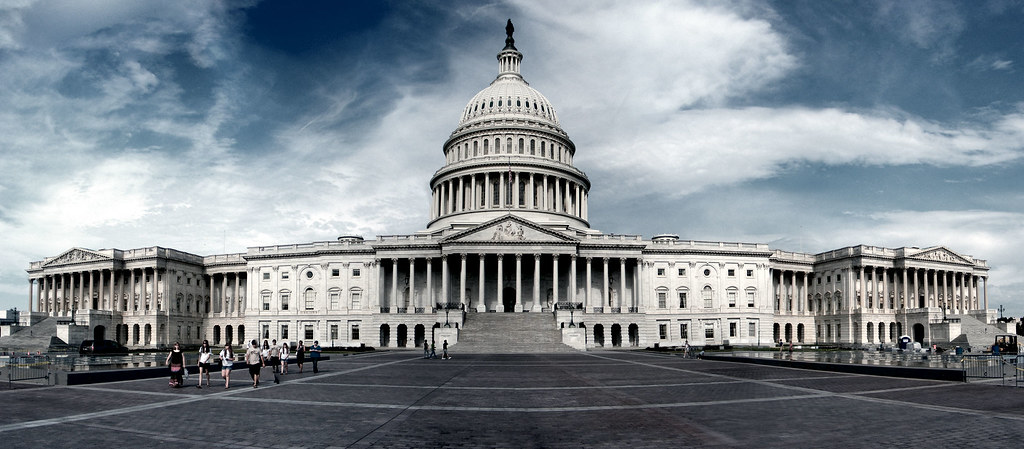Suppose that a great commotion arises in the street about something, let us say a lamp-post, which many influential persons desire to pull down. A grey-clad monk, who is the spirit of the Middle Ages, is approached upon the matter, and begins to say, in the arid manner of the Schoolmen, “Let us first of all consider, my brethren, the value of Light. If Light be in itself good—” At this point he is somewhat excusably knocked down. All the people make a rush for the lamp-post, the lamp-post is down in ten minutes, and they go about congratulating each other on their unmediaeval practicality. But as things go on they do not work out so easily. Some people have pulled the lamp-post down because they wanted the electric light; some because they wanted old iron; some because they wanted darkness, because their deeds were evil. Some thought it not enough of a lamp-post, some too much; some acted because they wanted to smash municipal machinery; some because they wanted to smash something. And there is war in the night, no man knowing whom he strikes. So, gradually and inevitably, to-day, to-morrow, or the next day, there comes back the conviction that the monk was right after all, and that all depends on what is the philosophy of Light. Only what we might have discussed under the gas-lamp, we now must discuss in the dark. – GK Chesterton, Heretics, 1905
In today’s social marketplace, there is no labor so passé as the humble, toilsome work of seeking common ground among those with whom we disagree. Ours is an age of unparalleled political polarization in which seemingly every sphere of our shared cultural life—public health, education, sports, children’s cartoons—must percolate through a partisan strainer prior to consumption. In such a climate, engaging the ideological “other” is the antithesis of virtue, a sure sign of one’s ideological infidelity and paucity of creedal commitment. This dogmatic approach to public life—characterized by blinkered, black-and-white thinking and a take-no-prisoners, mob mentality in debate and dialogue—precludes the very transformation it seeks.
Login to read more
Sign in or create a free account to access Subscriber-only content.
Topics:
